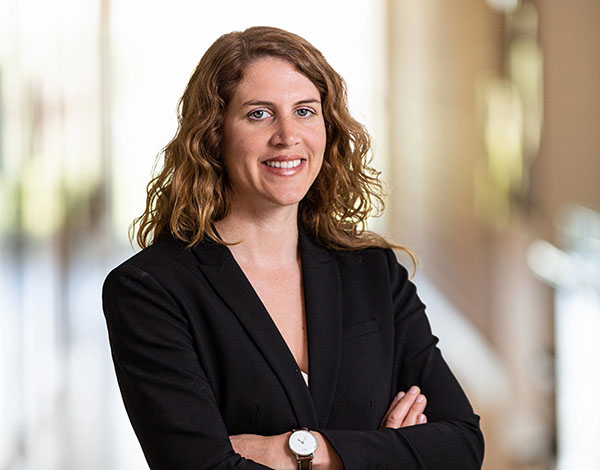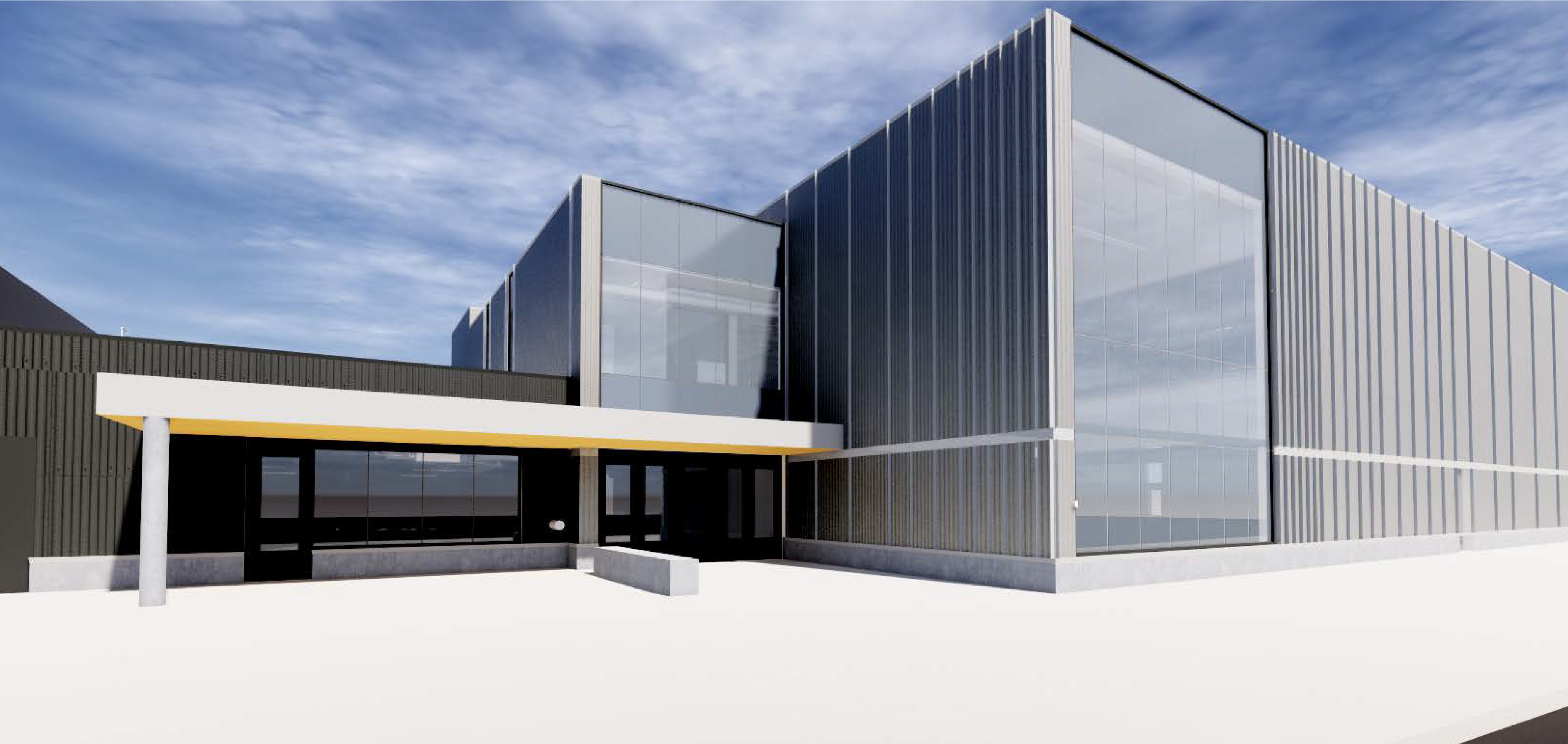Lakehead Thunder Bay's 2019 convocation ceremonies to honour exceptional people

Pictured from left, Gwen O’Reilly, Colin Bruce, Marlene Pierre, and Tanya Talaga.
April 24, 2019 – Thunder Bay, Ont.
Lakehead University will recognize four exceptional people at this year’s convocation ceremonies at the Thunder Bay Community Auditorium on Friday, May 31 and Saturday, June 1.
Northwestern Ontario Women’s Centre coordinator Gwen O’Reilly, Indigenous rights advocate Marlene Pierre, and award-winning author and Toronto Star columnist Tanya Talaga will each receive an honorary degree for their remarkable achievements.
“This year’s honorary degree recipients are being acknowledged for their exceptional contributions and achievements that have had impacts on Northwestern Ontario and, indeed, across Ontario and Canada,” said Dr. Moira McPherson, Lakehead University’s President and Vice-Chancellor.
Lakehead will also honour the dedication of retired Chronicle-Journal publisher Colin Bruce by naming him a Fellow of the University.
“By serving on several local boards, including as chair of Lakehead’s Board of Governors, Colin has had a profound impact on Lakehead University and Northwestern Ontario,” said Ross Murray, Chair of Lakehead University’s Board of Governors.
Approximately 1,800 students will graduate at the Thunder Bay convocation ceremonies on Friday, May 31 and Saturday, June 1, and around 400 students will graduate during the Orillia ceremony on Saturday, June 8.
If you are eligible to graduate and planning to attend convocation, please RSVP using MyInfo – under RSVP-Spring Convocation.
If you want to help make convocation special for Lakehead graduates by volunteering, please email Enrolment Services by Friday, May 17 at convocation@lakeheadu.ca, indicating the date and length of time you are available.
Convocation award schedule
Friday, May 31 – 2 p.m.
Gwen O’Reilly
In 1977, at the age of 17, Gwen O’Reilly was accepted into the HBSc Forestry program at Lakehead University, one of about five women in a class of over 100. A graduate program in Forest Genetics and Ecology and a six-year stint as a Forestry Research Associate followed. Fieldwork confirmed her love of the Boreal Forest. Forestry confirmed her understanding of sexism and homophobia.
On campus, Gwen joined other feminists to start the first women’s centre at Lakehead, before the dawn of Women’s Studies or sexual harassment legislation. She launched her public education career doing workshops on homophobia. The events following the murder of 14 women students at L’Ecole Polytechnique in 1989 shaped her understanding of gendered violence and the cost of speaking truth to power.
This also led to her focus on the institutional response to violence against women and the impacts of systemic racism and sexism. Her work at the Northwestern Ontario Women’s Centre continues to emphasize access to justice for all women.
Gwen’s interest in ecology has fuelled her enthusiasm for farming and sustainable living. Since 1987, she has been growing her own food, saving seeds and working in the local food security movement. She has administered the Thunder Bay Good Food Box Program since 2005.
After 30 years at a community-based Women’s Centre, women have entrusted her with thousands of personal stories of injustice – but also of courage, perseverance, acceptance and love. Their fierce determination to live well continues to inspire Gwen’s work.
She will be granted an honorary Doctor of Laws during the convocation ceremony at 2 p.m. on Friday, May 31.
Colin Bruce
Colin Bruce arrived in Thunder Bay in 1994 to become publisher and general manager of the city’s daily newspapers. He merged the two into The Chronicle-Journal and changed the newspaper’s commitment to the community with a “never say no” response to requests from community groups and charities.
Since 1970, he worked his way through the editorial department ranks at several papers as a reporter, city editor and managing editor before becoming the publisher in Kirkland Lake, then Orillia and ultimately here in Thunder Bay.
He has given his time and energy to the United Way of Thunder Bay, the Thunder Bay Community Foundation, Rotary, the Chamber of Commerce, and Lakehead University’s Board of Governors, among others.
Colin spent more than 20 years serving with the United Way, as a member on the board and chair of a successful annual campaign. His service with the board culminated in receiving the Ross Judge Award for volunteerism.
He served on Lakehead University’s Board of Governors as a member, vice-chair and then as chair. It was under Colin’s leadership when the board led the strategic plan development for the first time. He also led the board to review its size and nature, resulting in a dramatically smaller, more focussed and agile board.
Colin is retired and lives on Lake Superior with his wife, Grace. They have two sons, Jonathan and David, who both live and work in Thunder Bay.
He will be named Fellow of the University during the convocation ceremony at 2 p.m. on Friday, May 31.
Saturday, June 1 – 9:30 a.m.
Marlene Pierre
Marlene Pierre is an Ojibwe woman from Fort William First Nation who has been an advocate for change in the social, economic and justice conditions of the Anishinabek people across Canada for the past 50 years.
Her primary focus was to improve family life for urban Aboriginal Peoples, Aboriginal women and all children.
Her political career involved active participation in the patriation of the Canadian Constitutional for the inclusion of the Equality Clause and also changes to the Indian Act to end discrimination against women. She has been recognized and awarded for her work by all levels of government, by Aboriginal women’s organizations, friendship centres, the City of Thunder Bay and Fort William First Nation.
In her quest for justice, Marlene has been relentless in her work since she was a young woman and pursued many projects from local to national and international in scope. Her outstanding work has long been recognized, including when she was appointed to the Order of Ontario – the province’s highest honour – and when she received the Queen’s Diamond Jubilee Medal at ceremonies in Toronto, Ont.
She will be granted an honorary Doctor of Letters during the convocation ceremony at 9:30 a.m. on Saturday, June 1.
Saturday, June 1 – 2 p.m.
Tanya Talaga
Tanya Talaga is the author of Seven Fallen Feathers, which was the winner of the RBC Taylor Prize, the Shaughnessy Cohen Prize for Political Writing, and the First Nation Communities Read Award: Young Adult/Adult; a finalist for the Hilary Weston Writers’ Trust Nonfiction Prize and the BC National Award for Nonfiction; CBC’s Nonfiction Book of the Year, a Globe and Mail Top 100 Book, and a national bestseller.
She was the 2017–2018 Atkinson Fellow in Public Policy, the 2018 CBC Massey Lecturer, and author of the national bestseller All Our Relations: Finding The Path Forward. For more than 20 years Tanya has been a journalist at the Toronto Star and is now a columnist at the newspaper. She has been nominated five times for the Michener Award in public service journalism.
Tanya is of Polish and Indigenous descent. Her great-grandmother, Liz Gauthier, was a residential school survivor. Her great-grandfather, Russell Bowen, was an Ojibwe trapper and labourer. Her grandmother is a member of Fort William First Nation. Her mother was raised in Raith and Graham, Ontario. She lives in Toronto with her two teenage children.
She will be granted an honorary Doctor of Letters during the convocation ceremony at 2 p.m. on Saturday, June 1.
Program Schedule
- Friday, May 31 at 2 p.m. – NOSM, Law, Engineering, Natural Resources Management
- Saturday, June 1 at 9:30 a.m. – Health and Behavioural Sciences, Business
- Saturday, June 1 at 2 p.m. – Education, Science and Environmental Sciences, Social Sciences and Humanities
– 30 –
Media: For more information or interviews, please contact Brandon Walker, Marketing and Communications Associate, at mediarelations@lakeheadu.ca.
Lakehead University has approximately 9,700 full-time equivalent students and 2,000 faculty and staff in 10 faculties at two campuses in Orillia and Thunder Bay, Ontario. Lakehead is a fully comprehensive university: home to Ontario’s newest Faculty of Law in 44 years, the Northern Ontario School of Medicine, and faculties of Engineering, Business Administration, Health & Behavioural Sciences, Social Sciences & Humanities, Science & Environmental Studies, Natural Resources Management, Education, and Graduate Studies. Maclean’s 2019 University Rankings place Lakehead University among Canada's Top 10 primarily undergraduate universities and in 2018 Research Infosourcenamed Lakehead Research University of the Year in its category for the fourth consecutive year. Visit www.lakeheadu.ca.



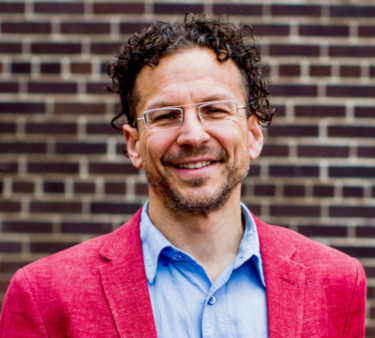
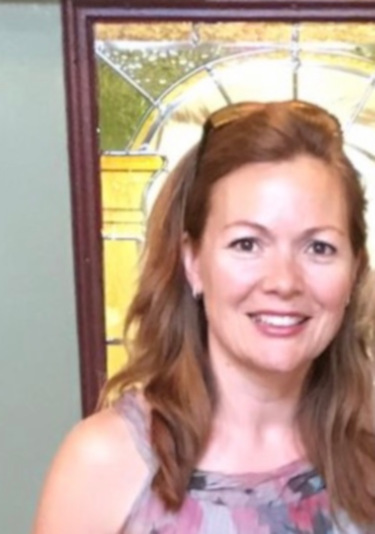
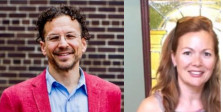
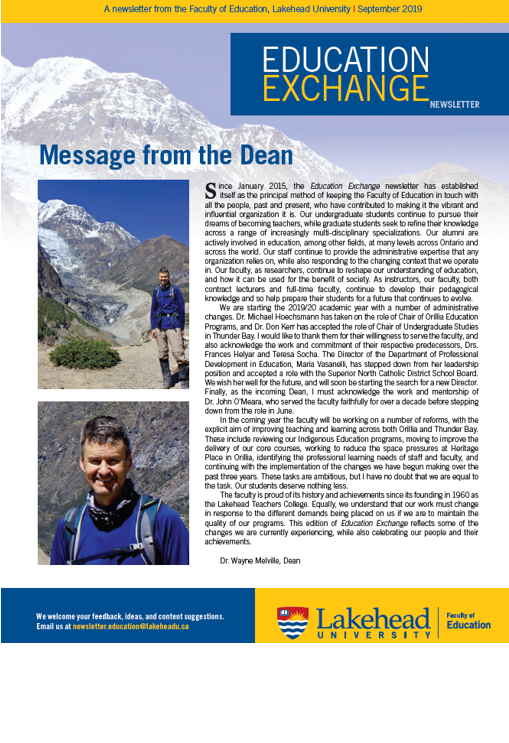
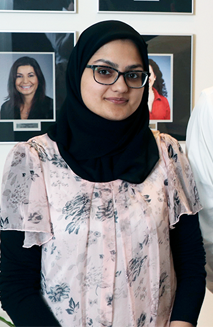 Congratulations to Fatima Ahmed (BEd teacher candidate, Orillia), who has been recognized by the Ontario College of Teachers (OCT) 2019 Scholarship Program for her excellence in teacher education.
Congratulations to Fatima Ahmed (BEd teacher candidate, Orillia), who has been recognized by the Ontario College of Teachers (OCT) 2019 Scholarship Program for her excellence in teacher education.